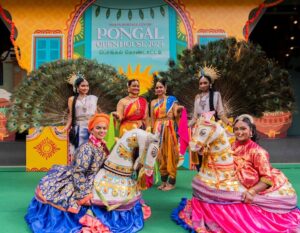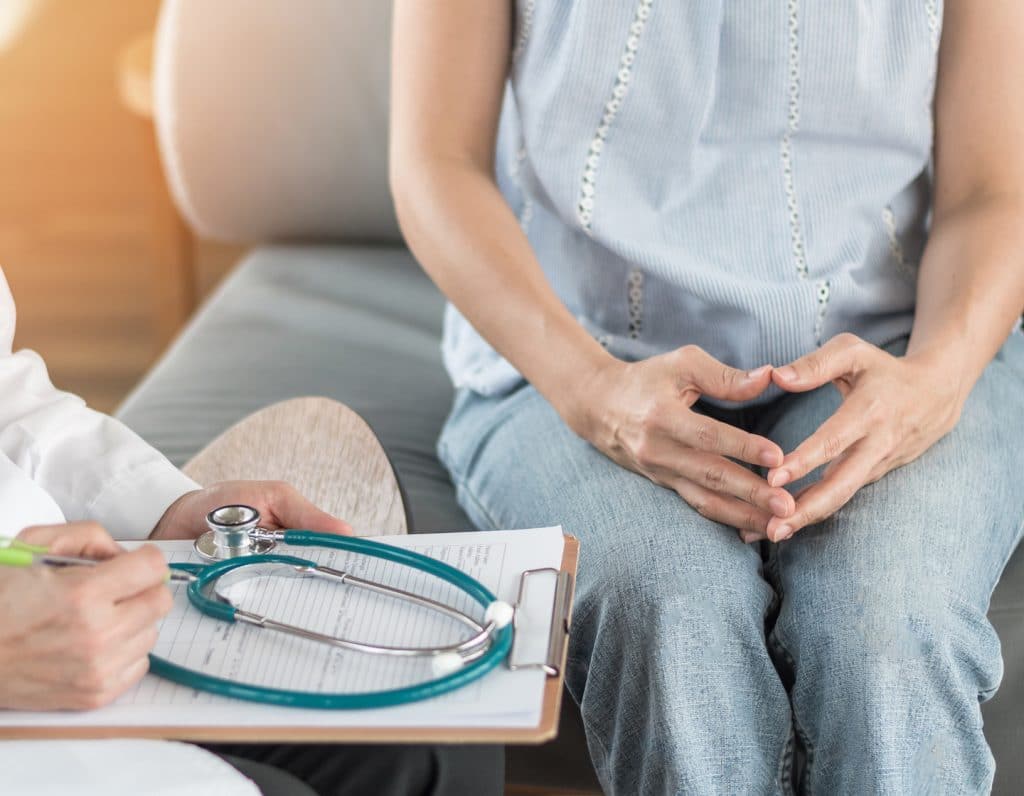
 Post Category - WellnessWellness - Post Category - HealthHealth
Post Category - WellnessWellness - Post Category - HealthHealthImagine being diagnosed with breast cancer. Then imagine being told right then and there that you need to decide if you ever want children. What would you do?
In honour of Breast Cancer Awareness Month and Breast Cancer Foundation‘s #EveryWomanMatters initiative, throughout October we will be sharing the stories of women across Singapore who have battled, or are fighting, breast cancer. Today we hear from Dutchwoman Mari Huang, who was diagnosed with breast cancer at age 34, shortly after arriving in Singapore to start an exciting new phase of her career. Mari shares – frankly and candidly – the thoughts that ran through her head at every step of the process, in particular when she was asked whether or not she wanted to harvest her eggs before beginning chemotherapy. You may be surprised at her decision, mamas. Read on for more…
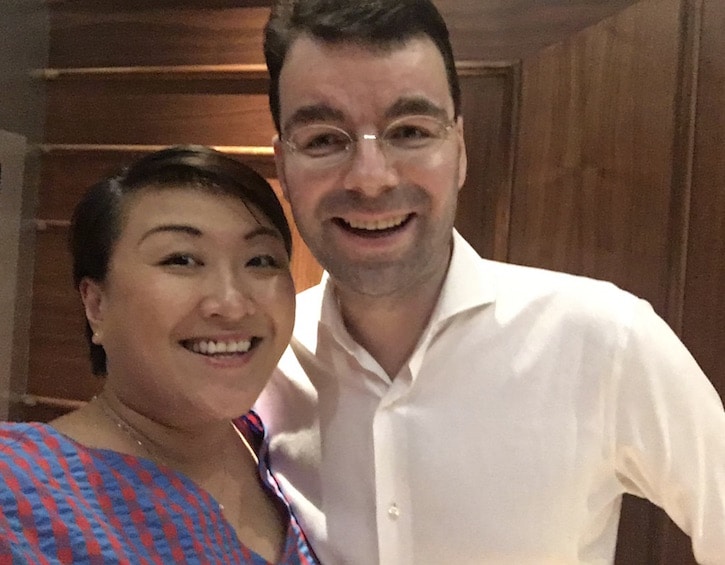
At the end of 2016 I moved to Singapore with my partner, leaving behind my home country, The Netherlands. Having worked in supply chain for a big corporate firm for nearly eight years I finally made the jump and was excited to begin my new journey at a startup company. Unfortunately due to a last minute change that job fell through, so I had found myself on the search again for my next challenge. With loads of ‘free time’ on my hands I decided one day that it would be a good time to set up some sort of baseline for my health. I knew that once I started working I’d get too busy to do any health checkups. So I went to a GP and had some tests done on the lungs and the heart, along with some bloodwork and a mammogram.
The following days the all the results came in and everything was ok except the result of the mammogram; it showed some white specks, it was tiny, just little dots not bigger than sugar crystals. I wasn’t worried. They were referred to as calcifications. Doesn’t really sounds like anything to worry about, right? To me it sounded like there was too much calcium in my body and surely there must be a pill that could resolve that. After all, I grew up in the land of dairy and cheese and I must have consumed a lot!
I also wasn’t too worried when my general physician advised me to see a breast specialist to get these calcifications checked out. I got an appointment straight away. Dr. Low took a look at my mammograms and said the only way to find out what these tiny white little specks were was to take a biopsy. So we did and all I had to do was wait for the results, which would be ready in a couple of days.
Once back home, I, of course, as anyone these days, started Googling the word ‘calcifications’. I found they could mean something serious, but in most cases they were benign and meant nothing special. In the back of my head I still thought. What harm could those tiny specks actually do? I felt perfectly fine. I considered myself healthy. I didn’t feel any lumps in my breasts. My breasts were perfectly symmetrical. I was actually very happy with the way my breasts looked! Not too big, not to small, just perfect, symmetrical breasts with nipples that I considered to be in good proportion to the rest of my breasts. I didn’t have any particular pains or discharge and I most certainly did NOT find any lumps. So there I was Googling away and suddenly I began to feel a bit more nervous. So I decided to stop and just wait for the results.
On the 1st of April 2017 I was called in to the office of my breast specialist. Unfortunately, as soon as I came in I could see on his face that it was going to be bad news. I was diagnosed with DCIS, Ductal Carcinoma in Situ, which means that the cells that line the milk ducts of the breast have become cancerous, but have not spread into surrounding breast tissue. I remember what an irony it was that I was diagnosed on April Fool’s Day. This must have been the world’s worst joke. I was still hoping for a pill that would make everything disappear and I was still thinking how on earth would those tiny little specks harm me? After all, I felt super healthy!
So I heard the doctor explaining the differences between lumpectomy, mastectomy and further treatment like radiation. My mind drifted away and I remembered all those times I’d heard about it; there was always an aunt of a friend or some acquaintance that was diagnosed with breast cancer. It was always so far away. But me? I was 34. Wasn’t I too young? So I asked my doctor if the results of the biopsy were 100% correct. He said they were, and I trusted him. I went into fighting mode. For some odd reason I just accepted the diagnosis immediately and wanted to know what the treatment would look like. I just wanted to get it over with.
First step was scheduling a date for the operation and I needed to think about whether I would go for a lumpectomy or mastectomy? It was one of the hardest decisions of my life concerning my body. I didn’t know what to choose. Opting for a lumpectomy would mean keeping my breasts with a deformation and a whole bunch of radiation afterwards and the fear of breast cancer returning in my other healthy breast in the future.
Opting for a mastectomy would mean a longer recovery time if I chose to reconstruct my breasts but in return a lower risk of reoccurrence since there’d be no breast tissue left for the cancer to recur in.
I went back and forth and finally decided to let my doctor decide for me. We discussed that if the lumpectomy – which he would start out with – was not sufficient, then he’d have my blessing to go for a full mastectomy. But this was something he would decide on the spot for me during the operation.
On the 3rd of May I woke up from surgery, and my doctor told me I’d had a lumpectomy. So this meant radiation. In my head I was already preparing for it. A week after my surgery I went in for a checkup and my doctor told me the results of the tissue removed from the surgery were not in yet, that I would have to wait a bit longer.
I wasn’t really paying attention to what it meant exactly; I was busy planning the schedule for radiation in my head and trying to figure out when I could start applying for jobs again. So another week passed when I went in for my second post-op check, and got my second round of bad news. There was a 0.6mm piece found that had developed into stage 1 instead of stage 0.
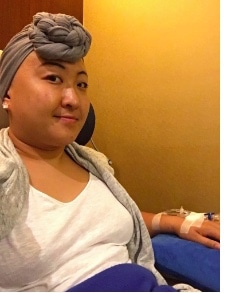 All of a sudden radiation was postponed and chemotherapy was on the table. Wait, hold on, chemotherapy? What do you mean? That’s when it finally hit me that this was something serious. I thought of movies, where cancer patients basically sleep on the bathroom floor next to the toilet bowl because of all the vomiting that chemo caused and all the extreme weight loss they’d experience with it. Suddenly I was seeing this skeleton next to a toilet bowl.
All of a sudden radiation was postponed and chemotherapy was on the table. Wait, hold on, chemotherapy? What do you mean? That’s when it finally hit me that this was something serious. I thought of movies, where cancer patients basically sleep on the bathroom floor next to the toilet bowl because of all the vomiting that chemo caused and all the extreme weight loss they’d experience with it. Suddenly I was seeing this skeleton next to a toilet bowl.
I was referred to an oncologist, Dr. Khoo, and in the waiting room I realised I was the youngest of all the patients. This is where it really hit me hard. Tears started rolling and I couldn’t breathe — I was afraid of chemotherapy. I realized that there was not going to be an easy way out. Just having the surgery and radiation wasn’t going to cut it for me. My cancer type was ER+/PR+/HER+, also referred to as triple positive. This meant these type of cancer cells were hormone-receptive and tested positive on a protein that promotes the growth of these cells. I was told that the good news was that there was great treatment available for triple positive breast cancer. So I held on to this good news. I was grateful. I can’t imagine what I would have done if he’d told me that there was no treatment for it.
So I remained positive. The doctor asked me if I had any children, and if I had any wishes to have them in the future, as chemotherapy can have a profound effect on a woman’s fertility.
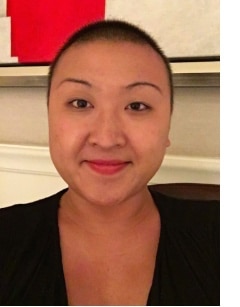 I was shocked. I wasn’t aware of this. Where was this in all those movie scenes? There it was, bad news round three. I had to decide very soon if I was going go through the procedure of harvesting my eggs to preserve fertility before I started chemotherapy. There are cancer patients who come out chemotherapy just fine and have no trouble conceiving a child but Dr. Khoo advised me to have a talk with an obstetrician/ gynecologist just to make sure I had all the information I needed. I went to see Dr. Ann Tan and she informed me about the procedure that was quite similar to IVF.
I was shocked. I wasn’t aware of this. Where was this in all those movie scenes? There it was, bad news round three. I had to decide very soon if I was going go through the procedure of harvesting my eggs to preserve fertility before I started chemotherapy. There are cancer patients who come out chemotherapy just fine and have no trouble conceiving a child but Dr. Khoo advised me to have a talk with an obstetrician/ gynecologist just to make sure I had all the information I needed. I went to see Dr. Ann Tan and she informed me about the procedure that was quite similar to IVF.
I thought the decision between a lumpectomy and mastectomy was hard, but this decision was even harder. I had no idea what to do. Suddenly I had a deadline to decide if I ever wanted to have children. I always thought I’d have more time to decide, even though I was already 34. My mother had me when she was 38, after all.
I wanted to start chemotherapy as soon as possible, but this decision had to be made first.
I decided not to do it.
It was – and still is – a hard decision. I reflect on it on a daily basis.
Whenever I see someone passing by with a child in a stroller or when I hear my friends talking about wanting to try to get pregnant I get a lump in my throat. I am always reminded by the fact there is a big chance it might not happen for me.
I get even more anxious when I hear younger women talking about wanting to start trying the sooner the better, otherwise they will be too ‘old’. I have become so aware of the fact that I am 36 now, and have just spent a year “wasting my time in” and out of the hospital. It’s a constant reminder of how my life has been put on hold. When I visit friends who already have children and when I buy presents for children’s birthday parties I always wonder if I’ll become that aunt that never had any children of her own.
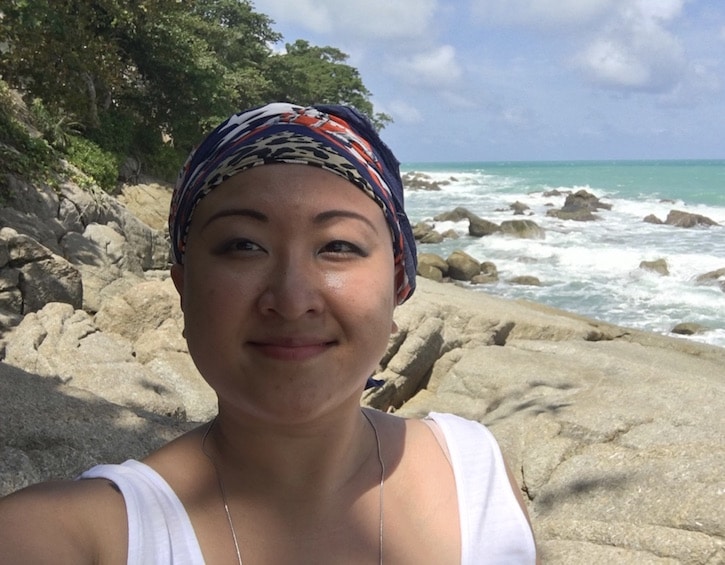
There are many occasions where I wonder if I actually made the right decision. There was a time I would think how lucky people are who had been diagnosed with breast cancer who already had children! But then I have to remind myself that there are pros and cons in every situation, and I that I did make the right choice for myself back then at that time.
So I began chemotherapy in the beginning of June 2017. I did 12 weekly rounds of a chemo drug called Taxol, followed by 33 days of radiation. I also did 18 rounds of Herceptin treatment, which was prescribed every three weeks and was especially meant as a targeted treatment for Her2 positive type of cancers. I finished my Herceptin treatment in June 2018. It has been a long road.
Thank you for sharing your story with such candor, Mari. Click here to read part 2, in which Mari covers her experience with chemotherapy, hair loss, and how chemo’s physical effects affected her psychological outlook and job hunt.

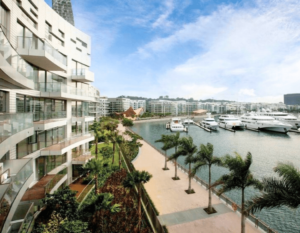

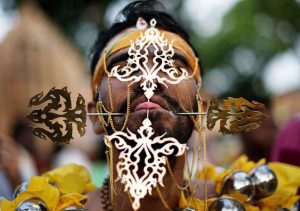


 View All
View All



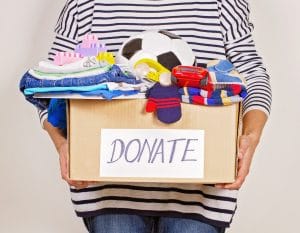

 View All
View All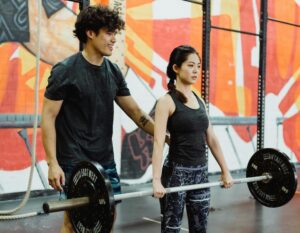

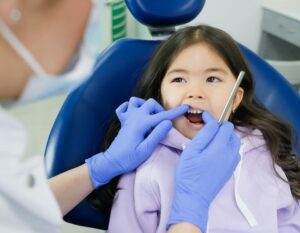


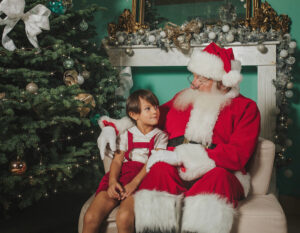

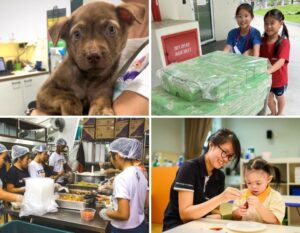

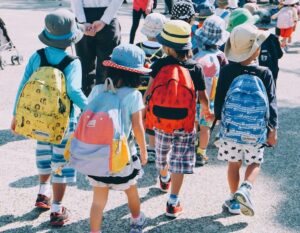

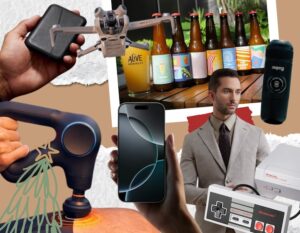
 View All
View All